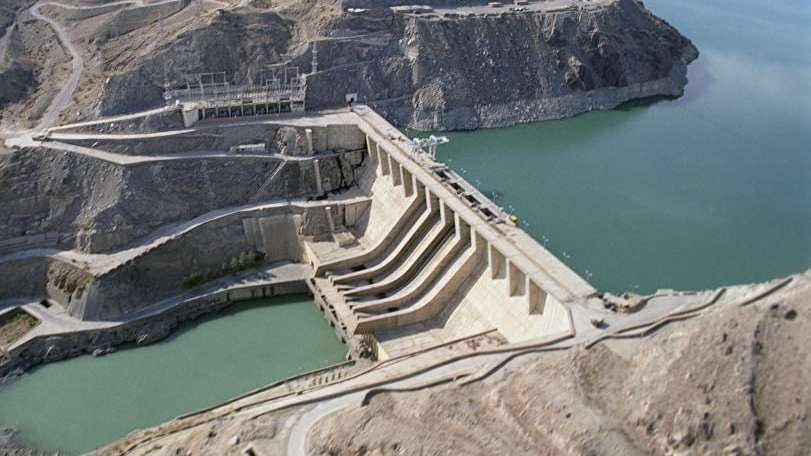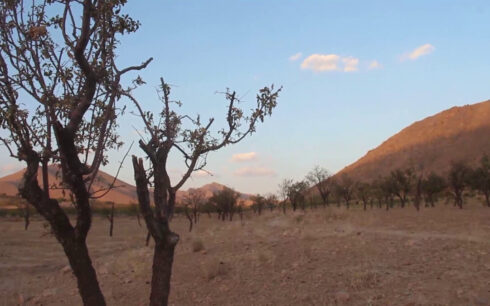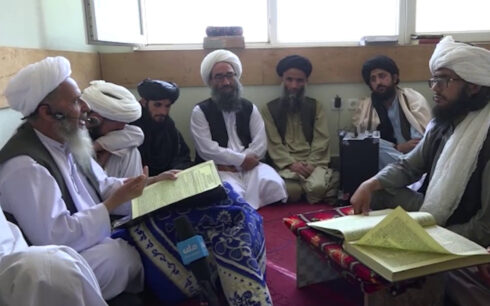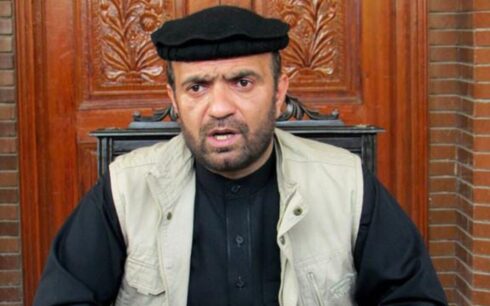Fada Hossein Maleki, a member of Iran’s National Security and Foreign Policy Commission, has criticized the Taliban’s claims about fulfilling Afghanistan’s water rights agreement with Iran, stating that the Taliban mistakenly considered recent floodwaters as part of the agreed-upon water rights.
According to Maleki, Taliban has not taken any real steps to deliver the water rights from the Helmand River to Iran, as stipulated by the 1973 Helmand River Water Treaty.
“Floodwaters are not the same as our rightful water, and even those who support the Taliban’s stance recognize this,” Maleki was quoted as saying by Iranian media. He added that the water that reached Iran was not part of the agreed water rights, but merely floodwater—an acknowledgment reportedly made by Iran’s former energy minister, despite some claims that it constituted the official water rights.
Maleki expressed concerns over the ongoing water shortage in Iran’s Sistan and Baluchestan province, urging authorities to address the issue. “We expect Foreign Minister Araghchi, through careful planning and adherence to international laws, to pursue Iran’s legal right to water from the Helmand River,” he said, stressing the importance of securing Iran’s access to this critical resource.
Iran and Afghanistan have long been at odds over shared water resources. Tehran has previously accused Kabul of restricting the flow of water from the Helmand River by constructing dams upstream.
The Helmand River, which originates in the Hindu Kush mountains near Kabul, flows southward for about 700 miles (1,127 kilometers) before emptying into the Hamoun wetlands in Iran’s Sistan and Baluchestan province.
Under a 1973 water-sharing agreement, Afghanistan is obligated to provide Iran with an average of 820 million cubic meters of water annually from the Helmand River.





